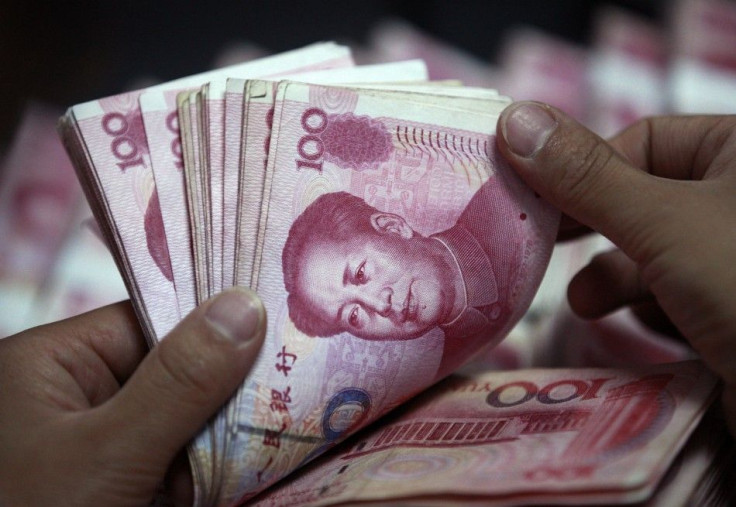China's Services Activity Grows At Moderate Pace In October: HSBC PMI

China's services activity continued to expand in October but growth was slower than that in the previous month, indicating that the economic growth momentum is on track.
According to the HSBC Services Purchasing Managers Index released Thursday, the reading of the PMI, a measure of the service sector activity, fell to 53.50 in October down from 54.3 in September.
“New business increased in the service sector during October at a moderate pace. However, growth of new business was slower than in September and weaker than the long-run series average,” Markit said in a note.
Significantly, the index remains in the expansion zone, a reading above 50. The expansion of the service sector activity should allay fears of a sharp retardation in the Chinese economy.
“Despite the moderation of services activity growth, the Chinese economy is gradually bottoming out as the filtering-through of earlier easing policy is boosting domestic demand. We expect the continuation of policy easing to sustain the recovery in manufacturing sector in the coming months, which should lend additional support to growth of services sectors and consumer spending,” said Hongbin Qu, chief economist for China and co-head of Asian Economic Research at HSBC.
This report comes after it was reported earlier this month that China's non-manufacturing activity rose in October compared to that in the previous month. According to the data released last week by the National Bureau of Statistics and China Federation of Logistics and Purchasing, the non-manufacturing Purchasing Managers' Index (PMI) rose to 55.5 in October, up from 53.7 in September.
Last week, it was reported that China's manufacturing activity expanded in October after two months of contraction, giving the indication that the second-largest economy is reviving its growth momentum. The data released by the China Federation of Logistics & Purchasing showed that the Purchasing Managers' Index rose to 50.2 in October from 49.8 in September.
There have been fears of a hard landing after the data showed last month that China's gross domestic product growth slowed down to 7.4 percent in the third quarter, down from 7.6 percent in the second quarter, due to the soft global demand and reduced real estate investment in the world's second largest economy.
The government has already lowered its economic growth target in 2012 to 7.5 percent. In 2011 and 2010, the economy grew at the rate of 9.2 percent and 10.4 percent respectively. Market participants sense that the most urgent priority for China appears to be the pro-growth policy stance against the current uncertain global situation.
© Copyright IBTimes 2024. All rights reserved.











